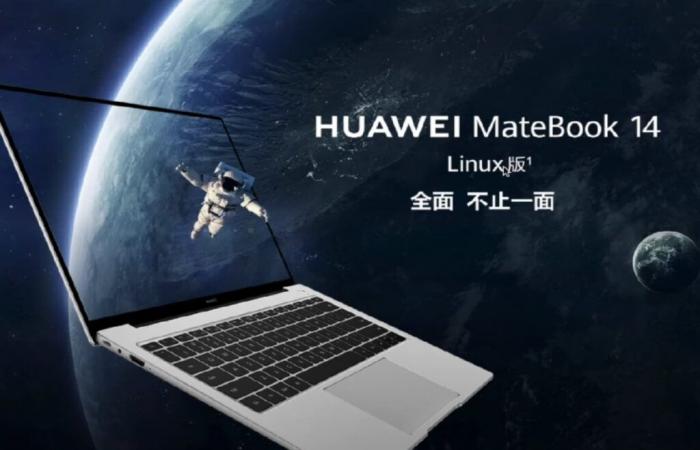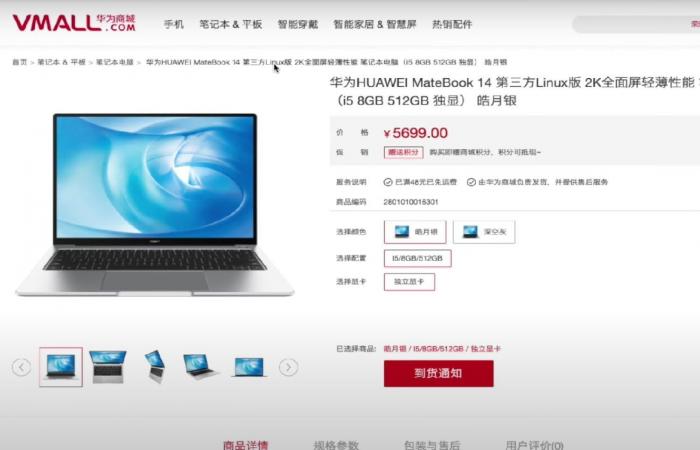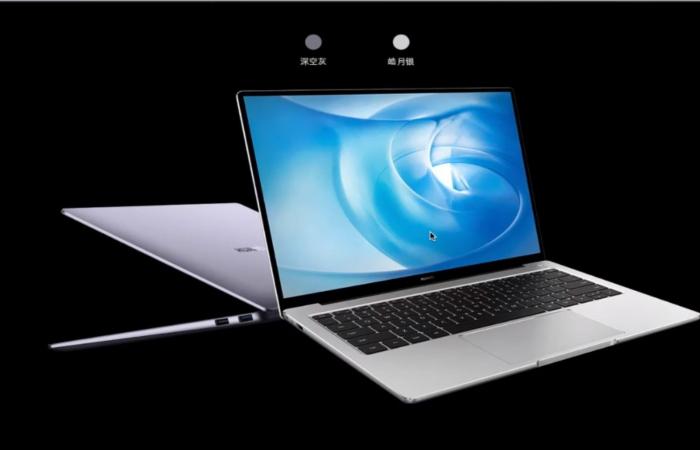Huawei is again the protagonist of a technological turn after the restrictions imposed by the United States. This time, it is not about telephones, but about their laptops. Given the impossibility of continuing to manufacture Windows devices, the company moves quickly and takes a step that many did not expect. The future of its laptops no longer depends on Microsoft … at least not in China.
A prohibition that changes the game
Being on the blacklist of the US trade department is synonymous with obstacles. Huawei knows it well: he first lost his link with Google and now with Microsoft. The impossibility of using Windows licenses on new devices marks a before and after for its laptops.
Although you can still sell equipment with Windows already manufactured, you will not be able to produce new without license. This situation affects both the Chinese and the European market, and reveals the fragility to depend on American software. But Huawei already has an alternative plan.
The answer: Goodbye to Windows, hello to Harmonyos
Already in 2024, Richard Yu anticipated the change: the future PCs of Huawei would not use more Windows. Instead, the operating system developed by the company itself would arrive with Harmonyos. This transition is logical in the Chinese market, where Huawei has a faithful audience and a growing ecosystem.
Harmonyos Next is the new bet: a system with its own nucleus, without Android or Linux traces. Its objective is ambitious: integrate PC, mobiles, watches and electric vehicles under the same platform. The PCs version will begin to deploy this year, although for now it is limited to China.

Linux as plan B in Europe
While Harmonyos Madura, Huawei has been forced to look for a viable solution outside China. He found it in Linux. Its new laptop, the Huawei Mate X Pro with Intel Core Ultra 7 processors, leaves Windows behind and is presented with a Linux environment.
This movement represents a bold bet. Although hardware is the same as that of the model with Windows, the operating system changes completely. It is sold for 1,352 euros to change, although it is only available in China.
Europe, between uncertainty and resistance
The great challenge for Huawei will be to conquer the European user. In this market, Linux has a quota of 3.4%, which raises serious doubts about the acceptance of the new laptop. It already happened with the smartphones: the lack of Google took them out of the competition. If the story is repeated with its PCs, the company will have to reinvent itself again.
Source: Xataka.








